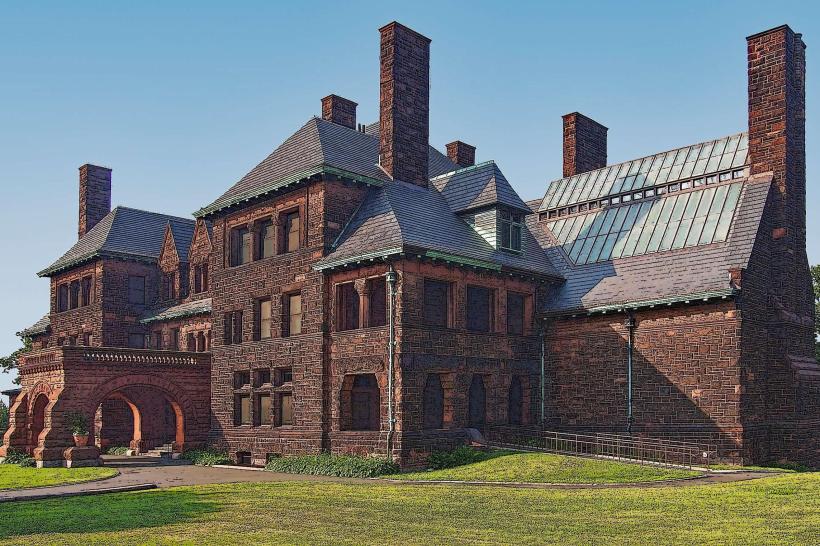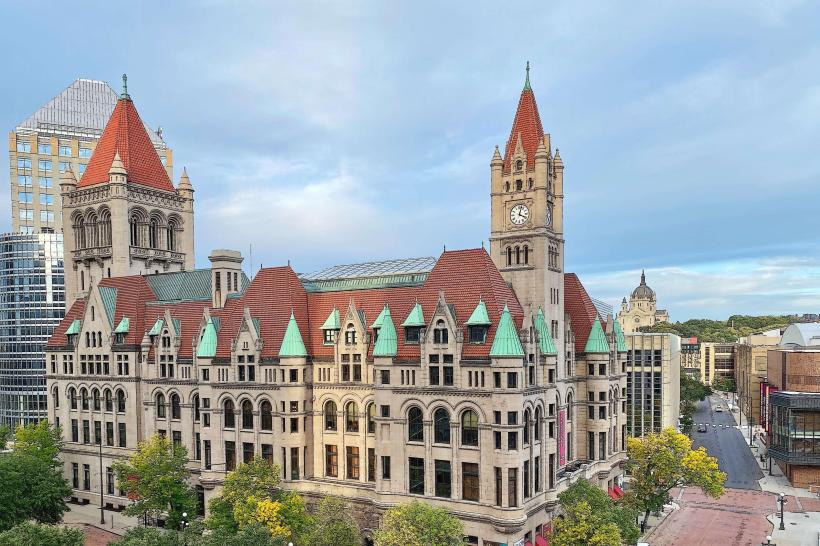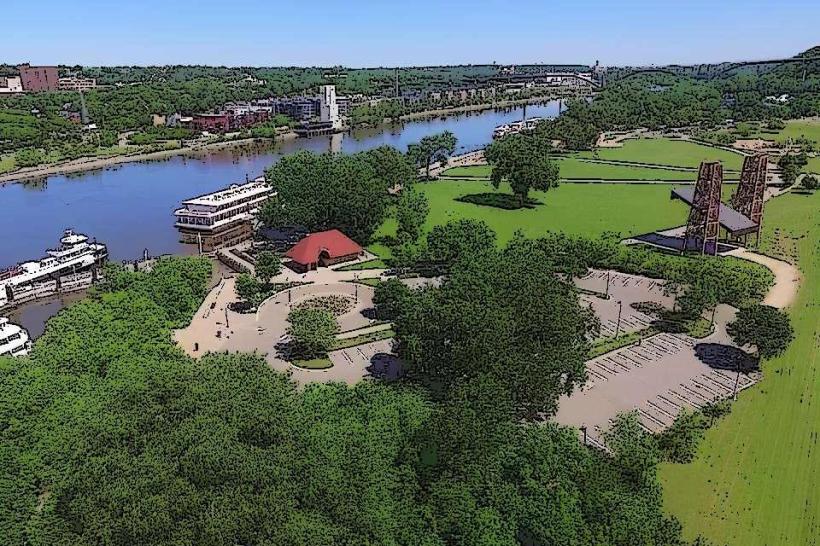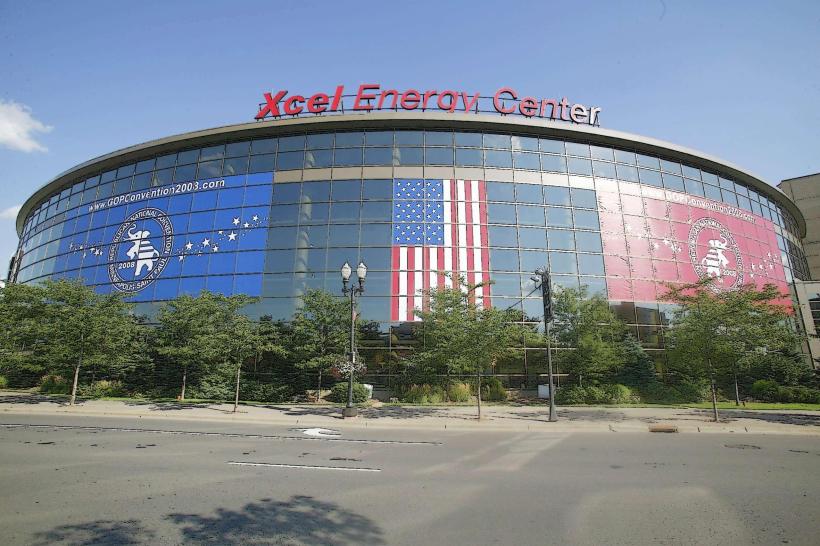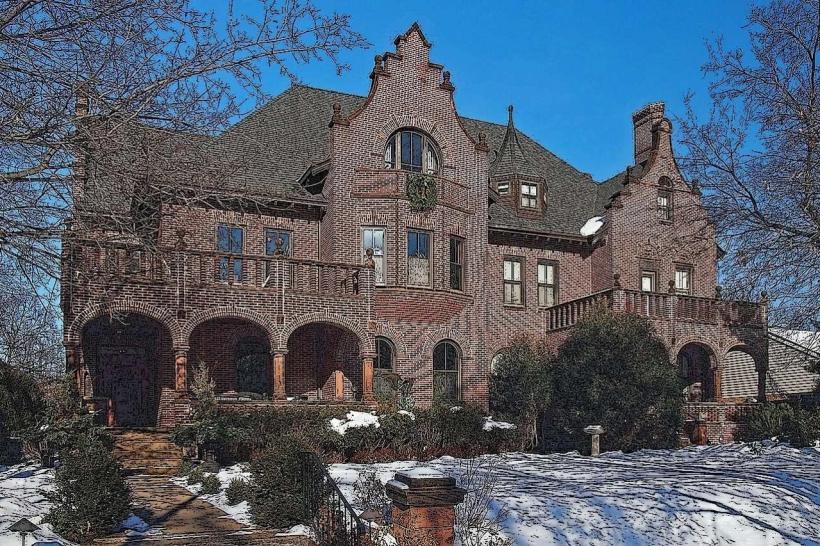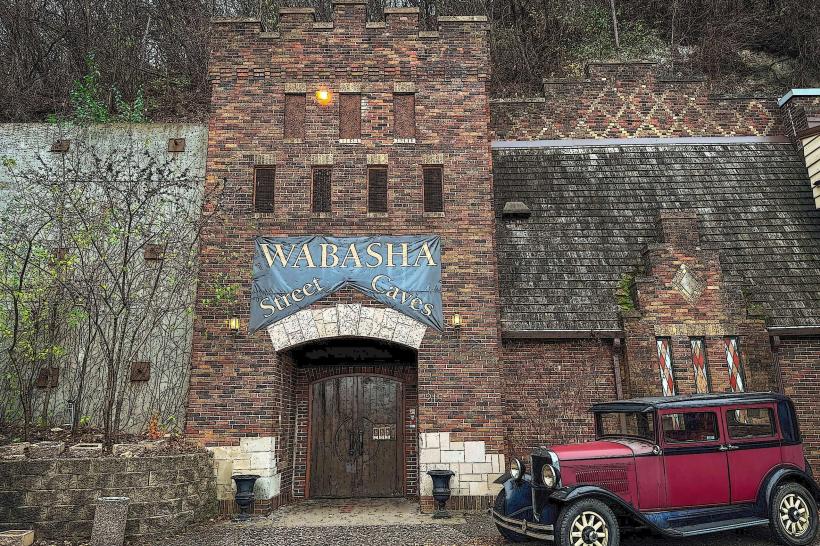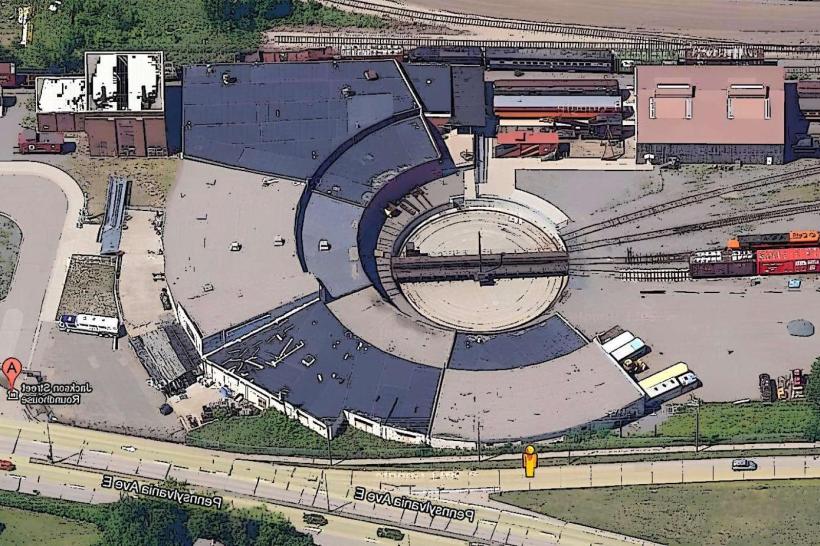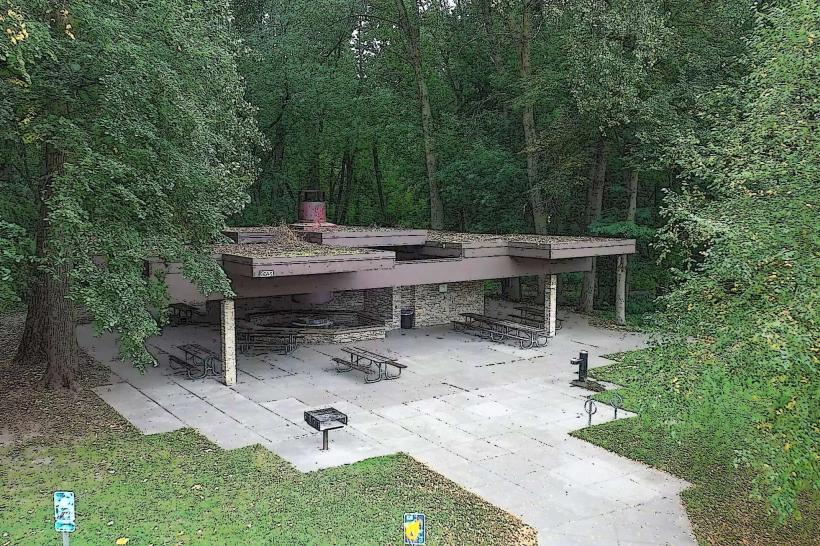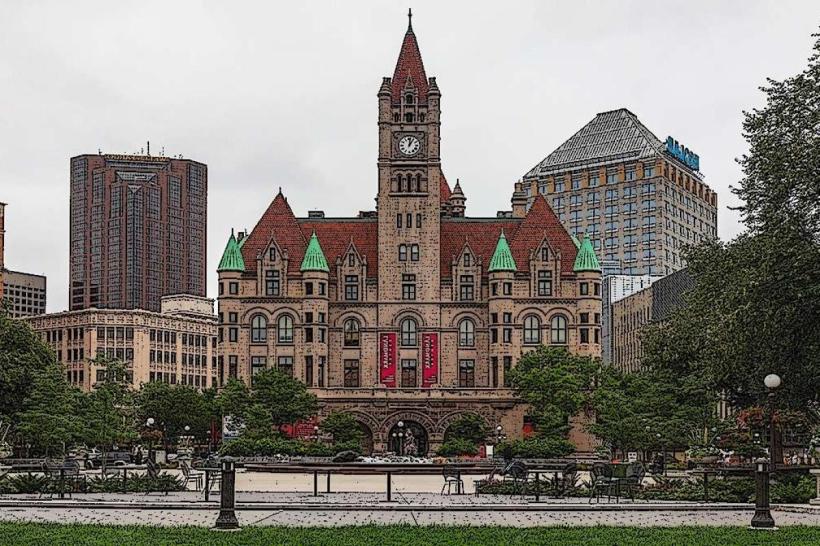Information
Landmark: Fort SnellingCity: Saint Paul
Country: USA Minnesota
Continent: North America
Fort Snelling, Saint Paul, USA Minnesota, North America
Fort Snelling is a historic military fortification located at the confluence of the Minnesota and Mississippi Rivers near Minneapolis and Saint Paul, Minnesota. Established in the early 19th century, it played a critical role in the military, economic, and cultural development of the Upper Midwest and remains one of the most significant historic sites in the region.
Historical Background
Construction of Fort Snelling began in 1819 under the direction of Lieutenant Colonel Henry Leavenworth. The site was strategically chosen due to its commanding position overlooking the rivers, offering control over river traffic and access to interior territories. The fort was officially completed in 1825 and named after Colonel Josiah Snelling, who was instrumental in overseeing its construction and early operations.
Fort Snelling served as a key military outpost during a period when the United States was expanding westward. Its presence helped establish federal authority in the region, maintain peace between Native American tribes and settlers, and secure important trade routes along the Mississippi River. The fort was active during significant historical events such as the Dakota War of 1862, where it served as a military headquarters and prison.
Throughout the 19th and early 20th centuries, Fort Snelling evolved with the changing military needs of the nation. It was used for training soldiers during the Civil War, Spanish-American War, and both World Wars. After World War II, military operations at the site diminished, and the fort was decommissioned in 1946.
Architectural and Structural Features
Fort Snelling is notable for its well-preserved early 19th-century military architecture. Constructed primarily from locally quarried limestone, the fort’s walls are robust, enclosing barracks, officer quarters, magazines, a hospital, a guardhouse, and various support buildings arranged around a central parade ground.
The site includes:
The Main Fort Complex: Featuring thick stone walls with bastions and gun emplacements designed for defense against potential attacks.
Officers’ Quarters: More spacious and refined buildings showcasing early American frontier military domestic life.
The Hospital: One of the earliest military hospitals in the United States, highlighting medical practices of the time.
The Powder Magazine: A heavily fortified building for storing gunpowder and munitions safely.
These structures provide visitors with a tangible connection to early military engineering and daily life on the frontier.
Cultural and Educational Importance
Fort Snelling holds deep cultural significance for several groups, including the Dakota people, whose ancestral lands encompass the area. The fort's history reflects complex and often difficult interactions between the U.S. military, Native American tribes, and settlers.
Today, the site is operated as Fort Snelling State Park and a Minnesota Historical Society Historic Site. It functions as a living history museum, with costumed interpreters recreating military drills, daily routines, and historical events. Visitors can explore the fort’s buildings, view exhibits on military history and Native American culture, and participate in educational programs that shed light on the region’s diverse past.
Natural Setting and Recreation
The fort is situated within Fort Snelling State Park, which offers extensive natural areas including riverfront trails, picnic spots, and wildlife viewing opportunities. The park preserves the surrounding river bluffs, wetlands, and forests, creating a scenic backdrop that enhances the historic experience.
Recreational opportunities include hiking, biking, fishing, and birdwatching, making the site a destination for both history enthusiasts and outdoor lovers.
Visitor Information
Location: Near the junction of Highways 55 and 62, approximately 10 miles south of downtown Minneapolis and Saint Paul.
Hours: The historic fort is typically open daily during warmer months, with visitor center hours varying seasonally.
Admission: There is an entrance fee for the state park, while access to the historic fort is generally included or may require a small additional fee.
Facilities: Visitor center with exhibits, guided tours, restrooms, picnic areas, and parking.
Summary
Fort Snelling stands as a monumental symbol of Minnesota’s early history, military heritage, and the complex narratives that shaped the region. Its well-preserved structures and engaging interpretive programs provide an immersive experience into 19th-century frontier life and the evolving story of the Upper Midwest. Combining cultural significance with natural beauty, Fort Snelling continues to educate and inspire visitors as a cornerstone of Minnesota’s historic landscape.



